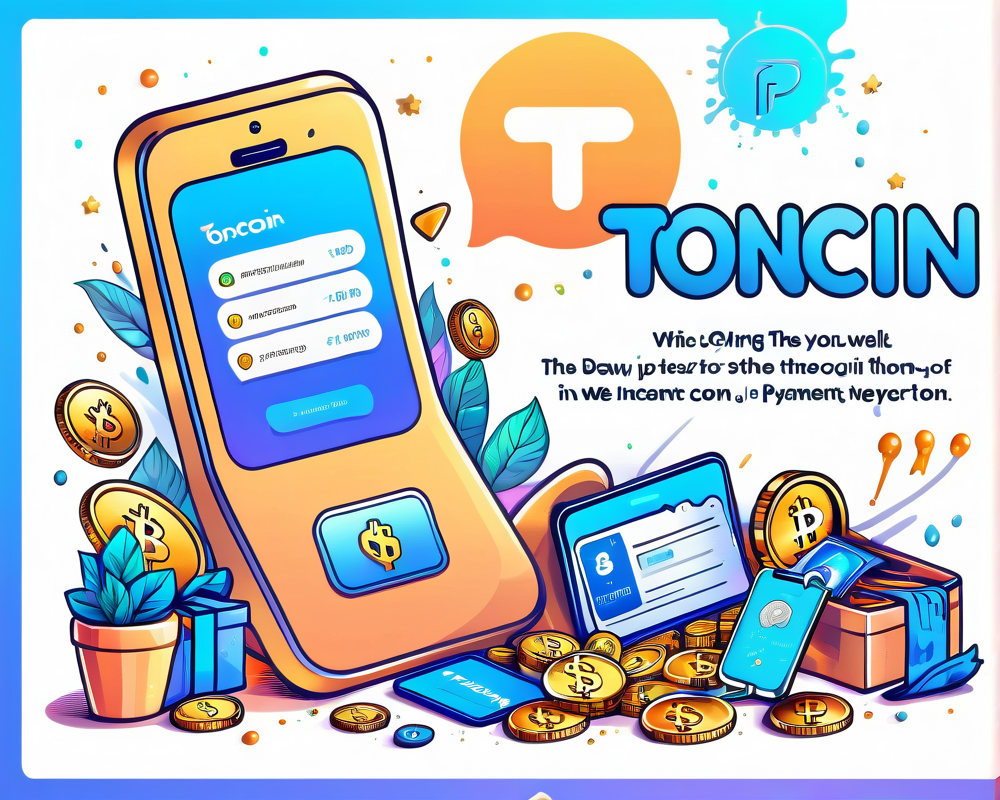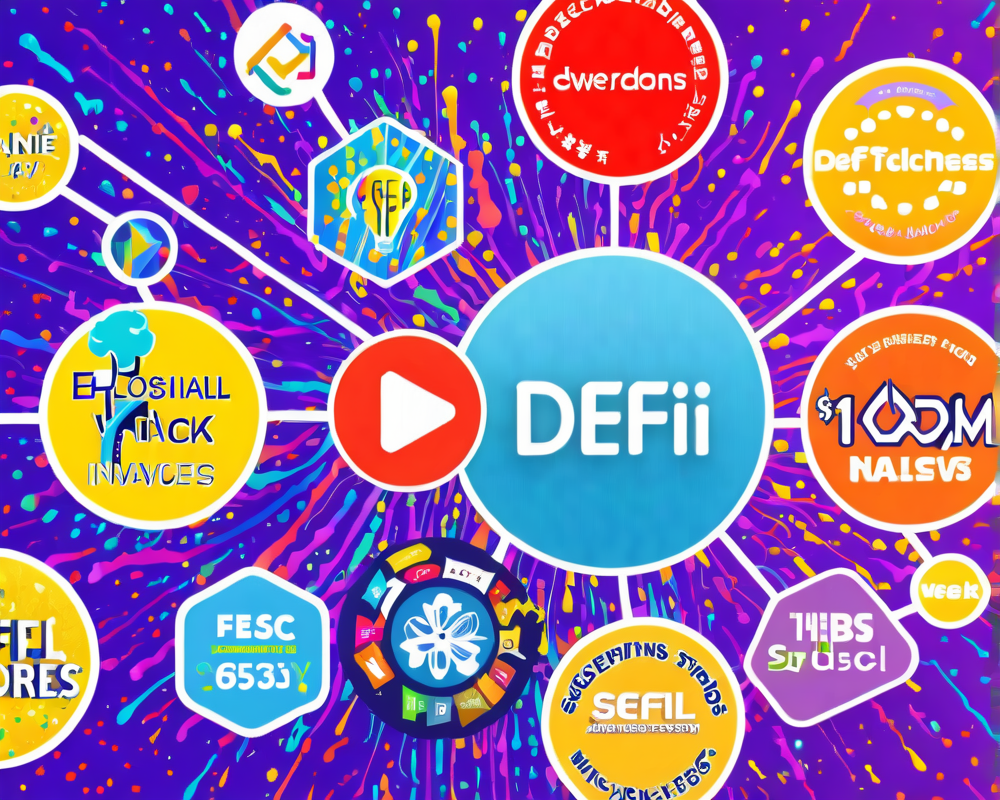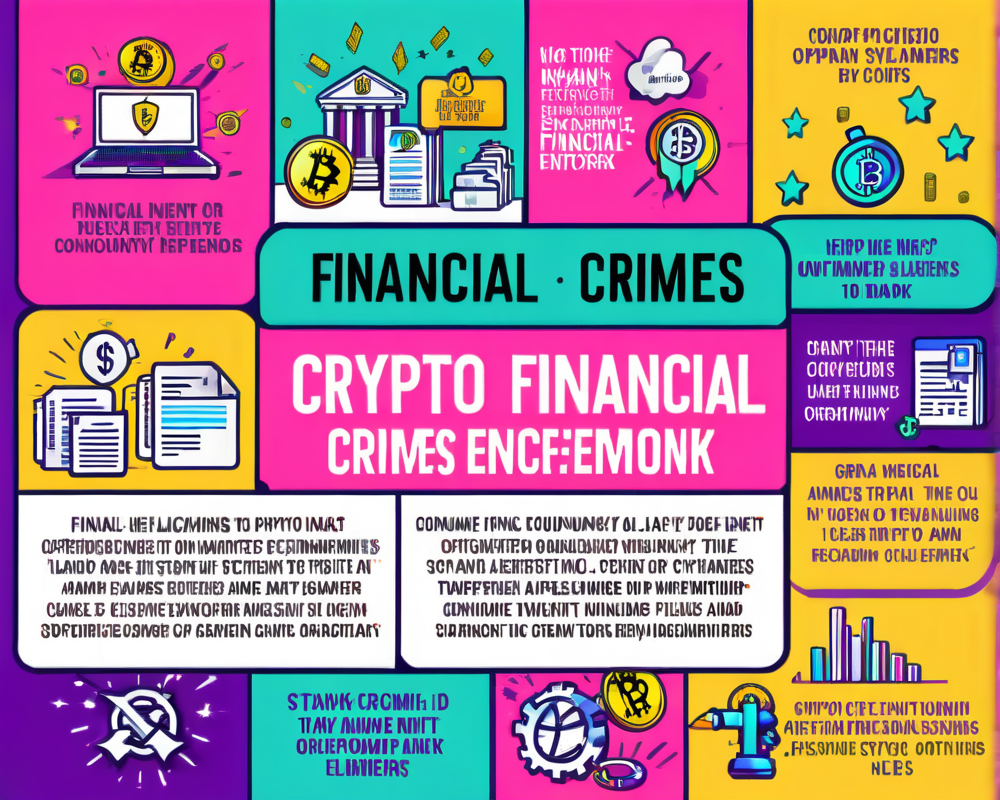Start with Programming Basics
First things first, if you want to dive into game development, brush up on your programming skills. Languages like C++, Java, and Python are your best friends here. A quick Google search (or a nudge from a friendly AI) can steer you toward the right online courses.
Sample Code Adventure
Want to impress your friends with your new skills? Let’s start with a classic:
import random
print("Welcome to 'Guess the Number' Game!")
number = random.randint(1, 100)
guess = 0
attempts = 0
while guess != number:
guess = int(input("Pick a number between 1 and 100: "))
attempts += 1
if guess < number:
print("Too low! Try again.")
elif guess > number:
print("Too high! Try again.")
print(f"Congratulations! You guessed the number in {attempts} attempts!")
This little script churns out excitement and maybe even a few panic-stricken guesses. And who knew coding could be so much fun?
Selecting Your Game Engine
The next quest? Finding the right game engine. The choices are plenty, but here are a few solid contenders:
- Unity: Beginner-friendly with heaps of resources. Plus, you get to create games for everything from PCs to mobile devices!
- Unreal Engine: Great for 3D graphics but it might require a bit of hair-pulling initially.
- Godot: Perfect for indie enthusiasts! Open-source and easy to learn.
- Construct: A simple 2D engine for those who prefer dragging and dropping assets instead of typing away.
Pro tip: Experiment with a few engines before you commit! It’s like speed dating, but for game engines.
Mastering Game Design Principles
You thought coding was tricky? Welcome to game design, where rules are made to be bent… but not broken. Key principles to grasp include:
- Game Mechanics: Know your rules inside and out.
- Player Engagement: Create stories and characters that keep players on the edge of their seats.
- Visual Design: Use colors and shapes that grab attention yet draw players into the game world.
- User Interface: Keep the controls intuitive. No one wants to accidentally launch a rocket instead of jumping.
- Playtesting: Get feedback. You don’t want to send players on a wild goose chase—unless that’s the point of the game!
Network in Game Development Communities
Connecting with fellow developers is essential. Check out forums and platforms like GameDev.net, IndieDB, and Itch.io. You’ll find resources, support, and some great networking opportunities.
Special Interest Groups
Don’t overlook cool groups like the Blockchain Game Alliance! They have events, resources, and networking galore, perfect for those looking to blend gaming with blockchain technology.
Build Your Portfolio
As you create your gaming masterpieces, compile them into a portfolio. Small projects or contributions to open-source games can showcase your skills. Plus, it’ll give your resume that extra flair when you’re looking for jobs.
Participate in Game Jams
Finally, challenge yourself by joining game jams! These fast-paced events are perfect for testing your skills, getting creative, and networking. Trust us, nothing hones your skills like a time-constraint game-making frenzy.
“Game development is a marathon, not a sprint. Keep building, keep refining, and most importantly, keep having fun!”
So, there you have it! Becoming a game developer isn’t just about coding; it’s a mix of creativity, technique, and community. So grab your controller and get started—your future gaming empire awaits!




